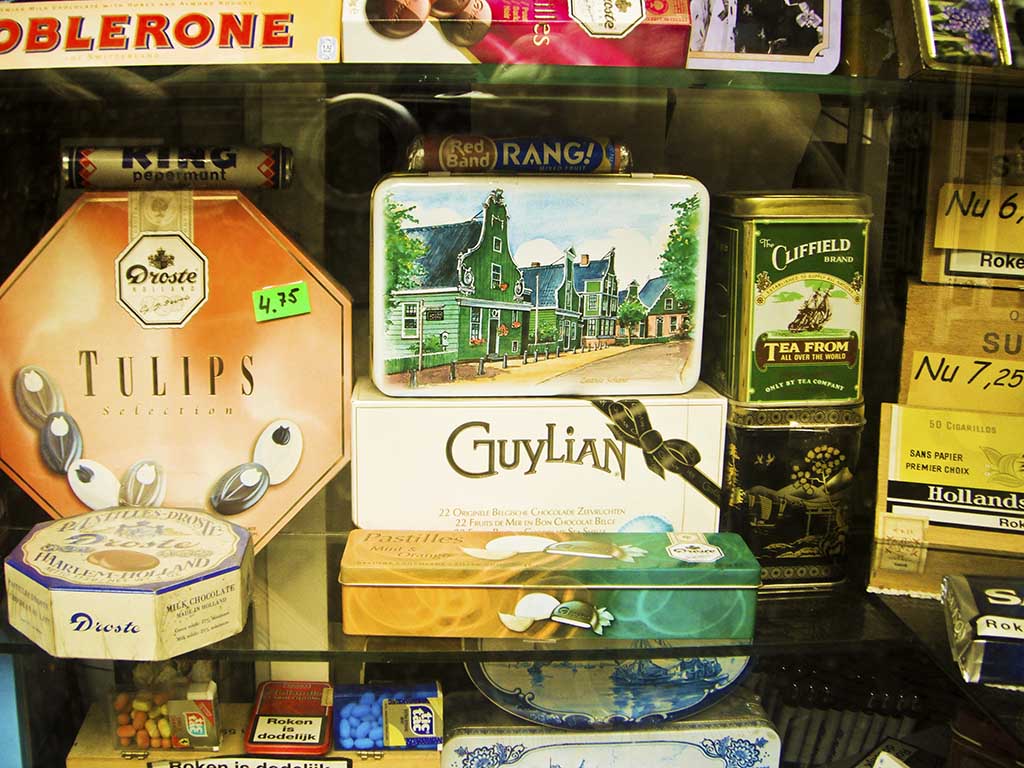

Roel Boulengier likes dark and stormy nights the best. “I like it when the winds are howling and the rain is pouring: that’s when the windmill does its work the best,” he proclaims, standing on a platform in an excellent imitation of being a mad scientist. And it’s not just an act. Living amid the spinning and creaking wooden gears of a three and a half century old windmill in the midst of pasture land can certainly make you eccentric. He takes his job seriously and he and his windmill aren’t just picturesque relics. I get it now, he’s the Dutch boy and the mill is the finger in the dike keeping this district of the low countries from reverting to the lake bottom it was before this mill and others like it pumped out the water to create tulip fields and pastures.

I got a rare opportunity to meet the witty and eccentric windmill master on an excursion organized by Avalon Waterways on the visit by Avalon Vista to the famed port of Volendam, on the Zuider Zee. Because the ship carries only about 160 guests, tours can be organized in small groups, so we could get an opportunity to not only chat with the keeper of the 1652 Katwouder Molen, but to climb to the top of this iconic structure whose top rests on carved wooden rollers to keep the blades of the mill facing into the wind.
At top speed it can pump thousands of gallons of water a minute. It beats me how something as elaborate and fast moving as this can be made all out of wood: after all, rubbing two pieces of wood together at high speed is what boy scouts do to start fires. For all their friction, these 300-year-old spars seem to be little the worse for wear. That was insight number one. There were more to come.
Reboarding our bus we headed north from Volendam to Edam, where our walking tour was to get a literal insight into home life in Holland. No matter how close houses are to the street, people in Edam are proud to keep their curtains open so passersby can see how immaculately they keep their homes. It makes window cleaning a weekly, if not daily chore.

And grand homes they are. The city has remained a prosperous city, even though it’s no longer a port for the spice trading ships of the Dutch East India Company. The city’s namesake cheese became famous around the world because it was coated in wax that kept it fresh on long ocean voyages and so it became a staple on Dutch fleets exploring the world . Of course, there’s a legend that the ball-shaped cheeses could also do duty as ammo in cannons, but I think that’s a story made up by a sailor who had been too much of the local liqueurs, which were another staple on long ocean voyages. It’s a city of narrow streets made for rambling and eventually we reach the square where the cheese market is traditionally held. Today Edam cheese comes in a variety of flavors, which I’m sure would have appealed to the sailors of the age of exploration.

A great juxtaposition of cause and effect is that the Edam cheese market square is on a road that’s just a short walk from the edge of town. Beyond that is nothing but farm fields filled with the cows that are the source of the cheese we’re taking home as a souvenir. Just remember to pack it in your suitcase because big blocks of cheese can freak out security scanners at airports.

The tour ends back in Volendam, the weekend getaway for Amsterdam and a fascinating place to wander and see a profusion of sailing ships and have a great cup of coffee. Heading back to the ship, I passed a fishing boat in the port that was going to be tied up longer than it expected. A black duck had set up a nest on the stern and that occupation meant the boat couldn’t set out until those eggs hatched and the fledglings can swim off on their own. That’s the laid back Dutch way, and one I agree with wholeheartedly.


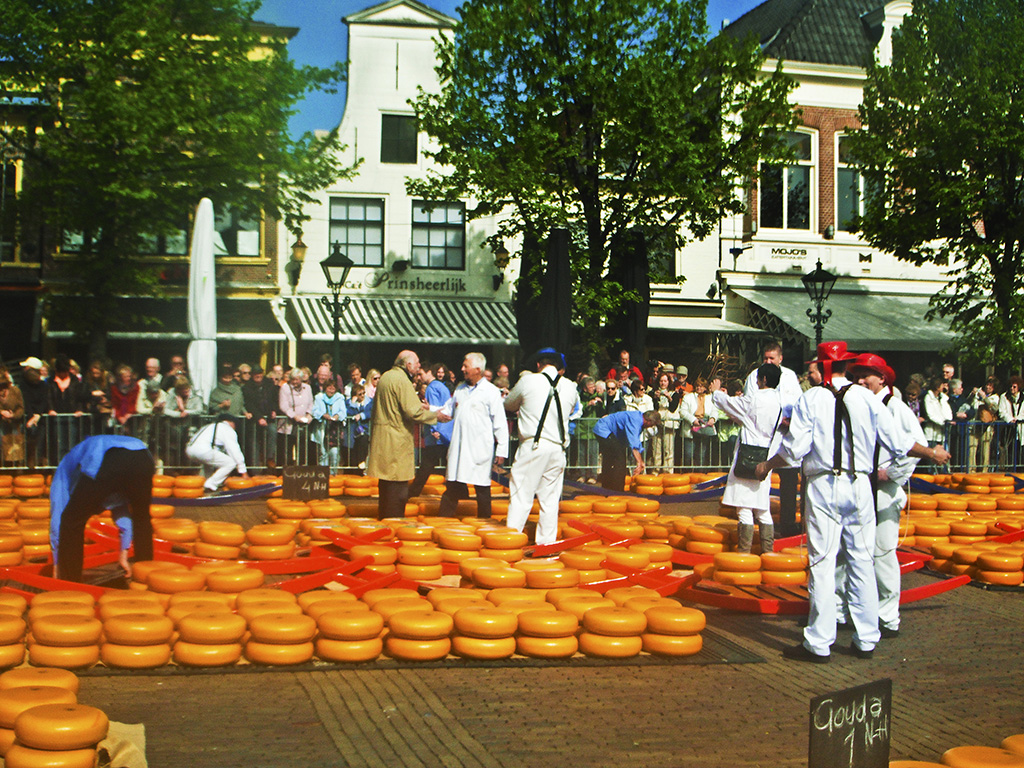
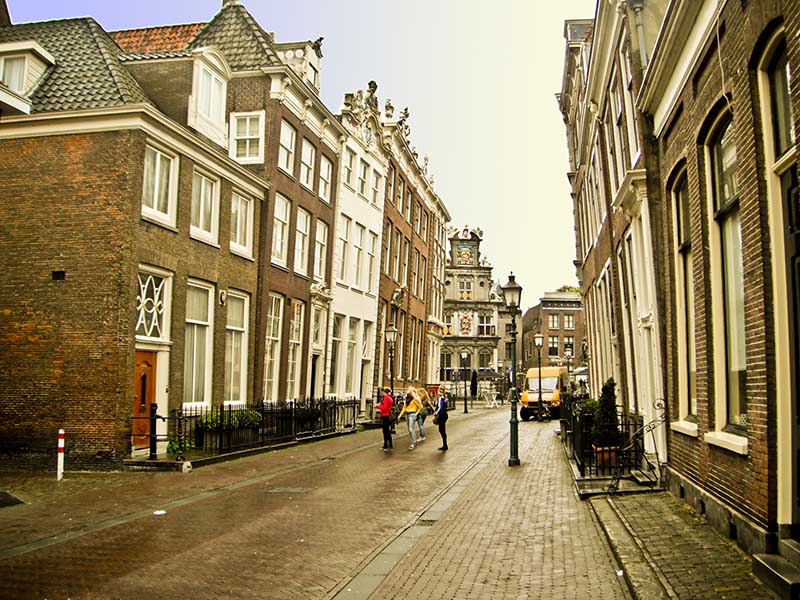
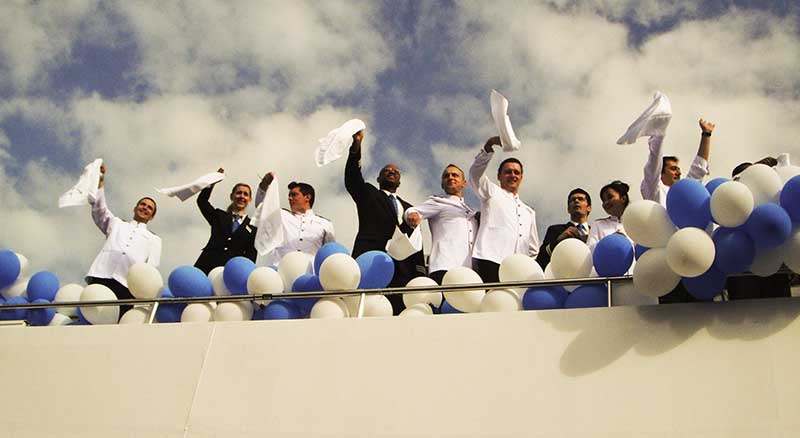
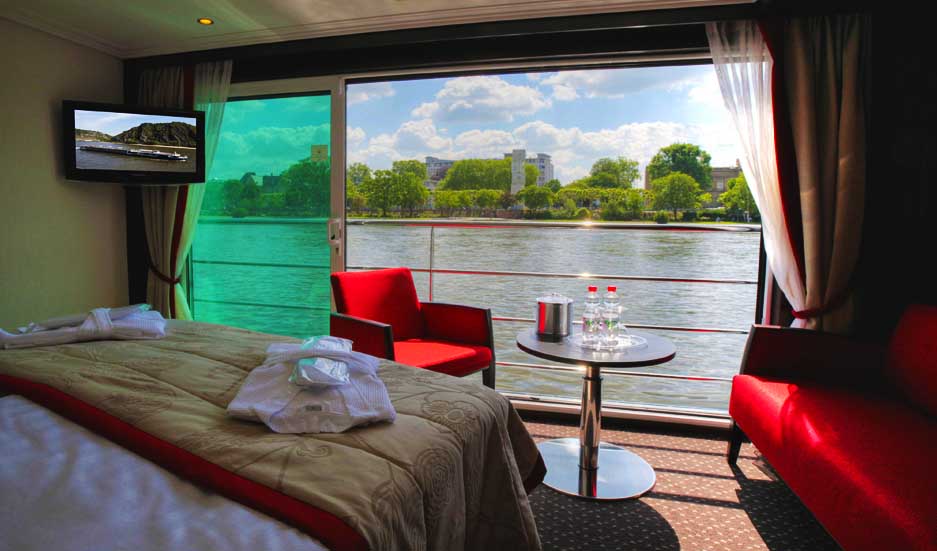
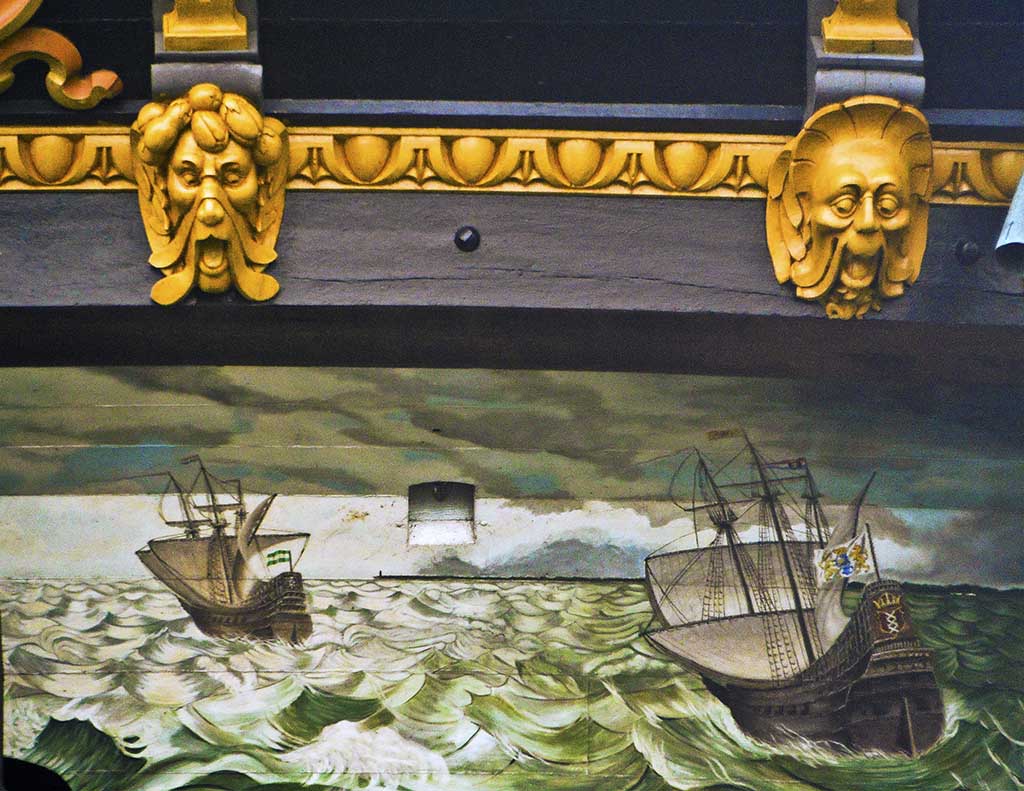
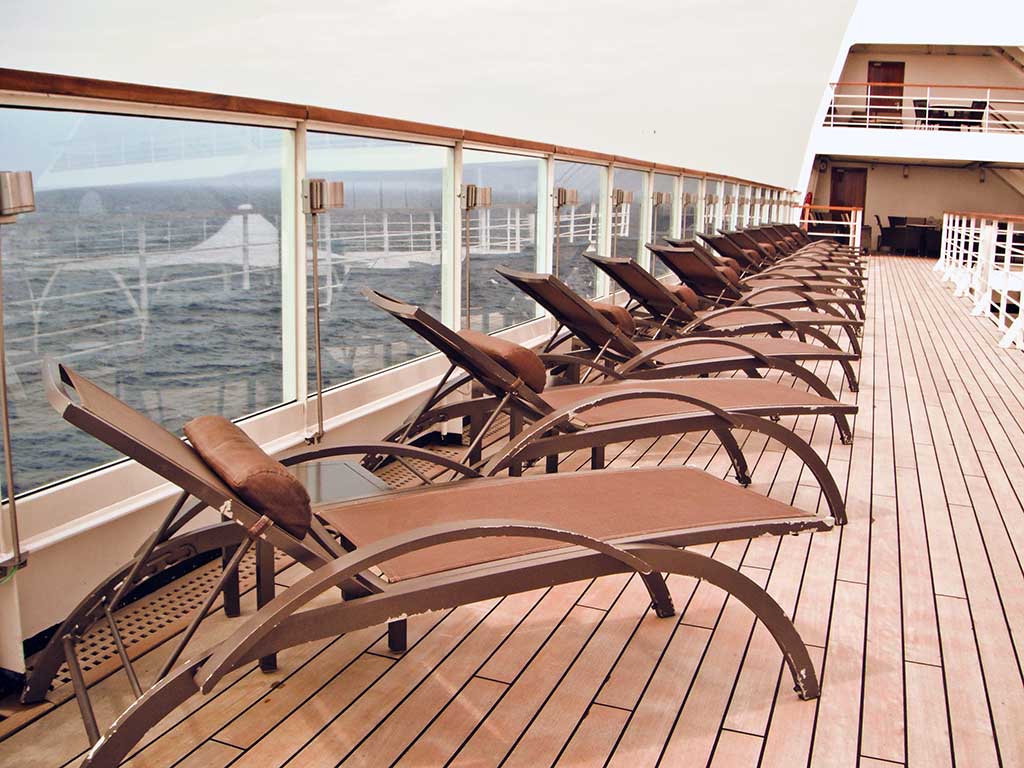
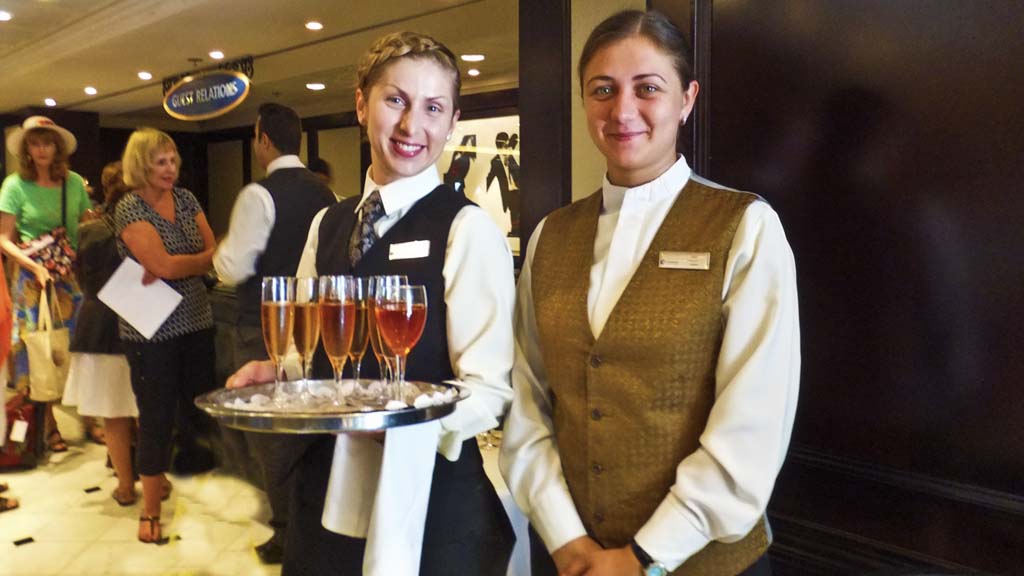

1 Trackback / Pingback
Comments are closed.